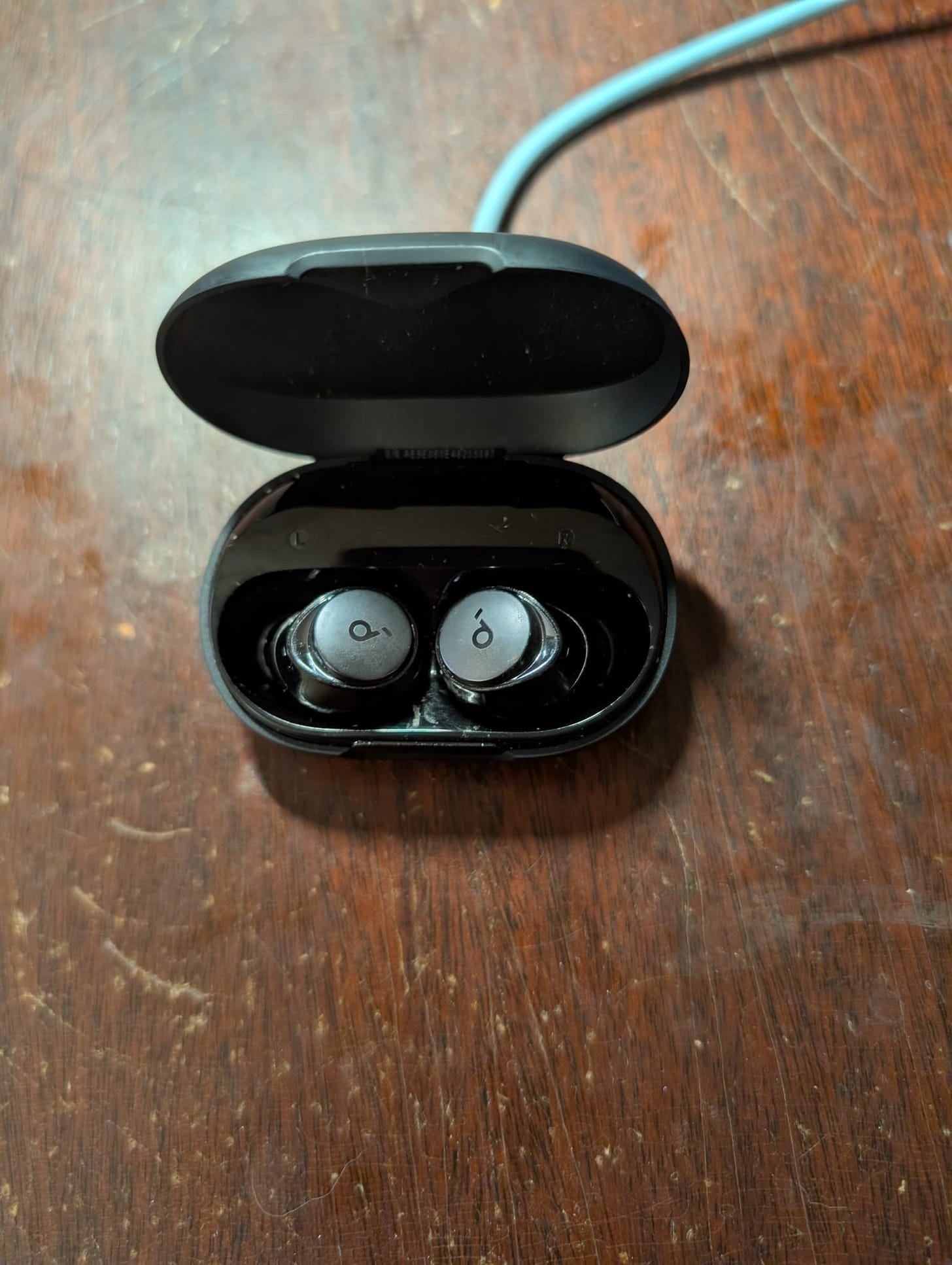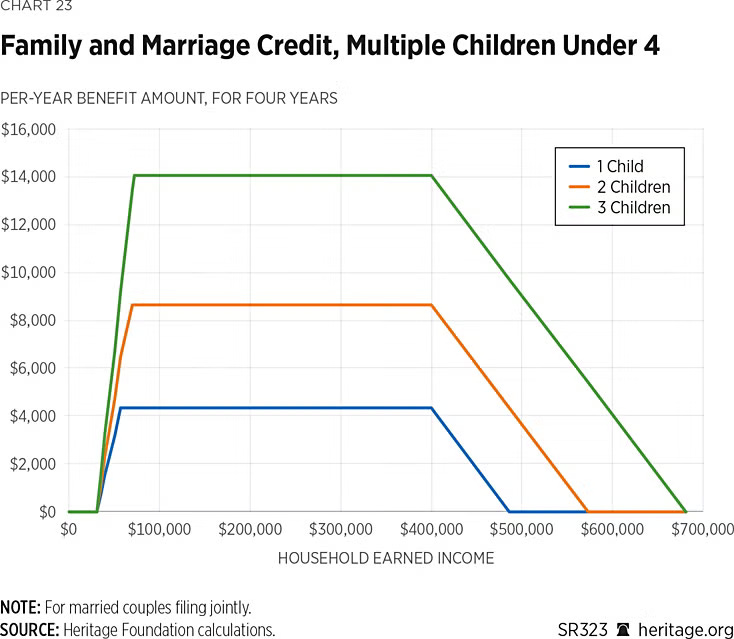I write to help you cope with the fear and anger threatening to overwhelm you every day. If this newsletter gets you through these dark times, please consider becoming a contributing supporter for only $5 a month or just $50 a year (a 17% discount!). Thank you for everything!
🌊Join The Blue Wave!🌊
Click here to leave a one-time tip!
Saturday evening, as I was sitting in a middle school gymnasium watching my daughter, her friends, and a few hundred random people roller skating, I was supposed to be on my laptop, working on Sunday’s D&D campaign for Anastasia and her bloodthirsty group of teen maniacs. Instead, I was scrolling through the news on my day off. Tsk.
Anyway, before getting back to scripting out an encounter with some rather peeved fire giants and potentially unleashing a primordial god and apocalyptic destruction, I saw that the rapidly dying doofus in D.C. was ranting and raving about…Susan Rice?
Wait, what? Susan Rice? I haven’t heard her name in years. Is she even in politics in any way whatsoever these days?
Well, no. She’s doing what so many former administration officials have done over the years, namely, cashing in on their connections. Tacky? Sure. But, ahem, both sides do it, and no one seems to be in much of a rush to end it.
Still, not exactly a household name at this moment in time. What in the world did Rice do to send Trump into spasms of rage other than be Black and female, which, admittedly, is usually all that’s required? Turns out she’s on the board of Netflix because…reasons. Trump has been meddling with a multi-gazillion-dollar merger between Netflix and Warner Bros. Discovery because his billionaire fascist buddy David Ellison wants to buy WBD but didn’t make a successful bid. It’s all drama and Ellison is trying to have the regime illegally block the merger.
Anyway! Rice said something that hurt wittle Donny’s feefees, and he demanded Netflix fire her or else!
I’ve been a little distracted for the last couple of weeks, so I’m a little annoyed I missed this, but it’s worth reading her entire statement made on Preet Bharara’s podcast:
“When it comes to the elites, you know, the corporate interests, the law firms, the universities, the media, I agree with you, Preet, it is not, it’s not going to end well for them. For those that decided that it was, you know, that they would act in their perceived very narrow self-interest, which I would underscore is very short-term self-interest, and, you know, take a knee to Trump, I think they’re now starting to realize, ‘Wait a minute, you know, this is not popular.’
“Trump is not popular. What he is doing, whether on the economy and affordability or on immigration, now, is not popular, and that there is likely to be a swing in the other direction, and they are going to be caught with more than their pants down, they’re going to be held accountable by those who come in opposition to Trump and win at the ballot box.
I’ve been saying for some time now that the billionaires and corporations made the bet that the regime would cross the fascist finish line. They would bend the knee, reap the rewards, and there would be no consequences because the rule of law was done.
In the worst-case scenario, the regime would fall, but then Democrats would do what they’ve always done: Try to get things back to normal and “look forward for the good of the nation.” No more billionaire-friendly fascism, but still, no consequences, right?
Except that’s not how Democrats are talking about what comes next:
“And I can tell you Preet, you know, as I talk to leaders in Washington, leaders in our party, leaders in the states, if these corporations think that the Democrats, when they come back in power, are going to, you know, play by the old rules and say, ‘Oh, never mind, we’ll forgive you for all the people you fired, all the policies and principles you’ve violated, all, you know, the laws you’ve skirted,’ I think they’ve got another thing coming.”
This is the thing that sent the right into a foaming rage and got Trump to start his little tweet temper tantrum. Rice is talking about accountability and it triggered the panic response of the fucking fascists.
I have been banging the drum about this since early last year:
I picked up the hashtag #NurembergThemAll from to express this sentiment, and it sums up what Rice is saying as well (although she is far more polite about it). They all thought this would be another round of “racist white men wilding” with no price tag. No hangover. No pentalies. Maybe just a wagging of fingers and clucking of tongues. The fact that people like Susan Rice, Susan fucking Rice, about as far from a rabid firebrand as it gets, are talking about a radical break from how we’ve always let racist asshole bygones be racist asshole bygones tells you that something is fundamentally different this time.
Did you know the Opinionated Ogre has a weekly podcast? It’s true! New episodes every Thursday! Catch the latest episode here:
Join The Ogre Nation Conversation!
It’s everywhere. From the grassroots brushfires spreading faster than ICE can control to, as Rice says, “leaders in Washington, leaders in our party, leaders in the states.” Behind every conversation about affordability and housing and immigration is accountability. That’s never happened before, and every racist piece of shit who has been running rampant since January of 2025 knows it. It’s absolutely terrifying them. The louder we get, the more panicked and confused they get. Consequences for Those People! Not us!
As of right now, Netflix is ignoring Trump’s latest temper tantrum:
Netflix co-CEO Ted Sarandos is brushing off President Donald Trump’s demand to remove former U.S. national security advisor Susan Rice from its board of directors, even as the streaming giant seeks federal approval of its bid to purchase Warner Bros. Discovery.
“This is a business deal. It’s not a political deal,” Sarandos told BBC Radio 4’s flagship “Today” program on Monday, Feb. 23. “This deal is run by the Department of Justice in the U.S. and regulators throughout Europe and around the world.”
Just like Jamie Dimon, the CEO of JPMorgan Chase, Sarandos is aware that Trump will not be president for life and the next DoJ will come looking at all of the corporations that made corrupt deals to boost their profits. He’s also aware the courts are no longer rolling over for the regime, and it’s better to fight now than lick fascist boots and pay a steep price in the long run. Ask Disney what happened to their subscriptions when they bent the knee.
Expect to keep seeing this kind of enraged reaction coming from Trump and his cult. Everything they say and do is predicated on the idea that they will never be held responsible for their actions. The more we talk about just that, the more real it becomes. The more real it becomes, the more inevitable it will be. That inevitability will be like an anvil sitting on the chest of every fascist in America, crushing them with fear of what happens when their coup fails (and it will).
I don't know about you, but making fascists spend every waking moment living in fear feels pretty fucking good to me.
I hope you feel better informed about the world and ready to kick fascists in the teeth to protect it. This newsletter exists because of you, so please consider becoming a supporting subscriber today for only $5 a month or just $50 a year (a 17% discount!). Thank you for everything!
🔥Burn Fascism To The Ground!🔥
Prefer a one-and-done tip? Click here!
There are 251 days until the most important midterm election in American history. The regime is afraid, and they should be. We are legion, and they are weak. Stay strong. You are never alone.






